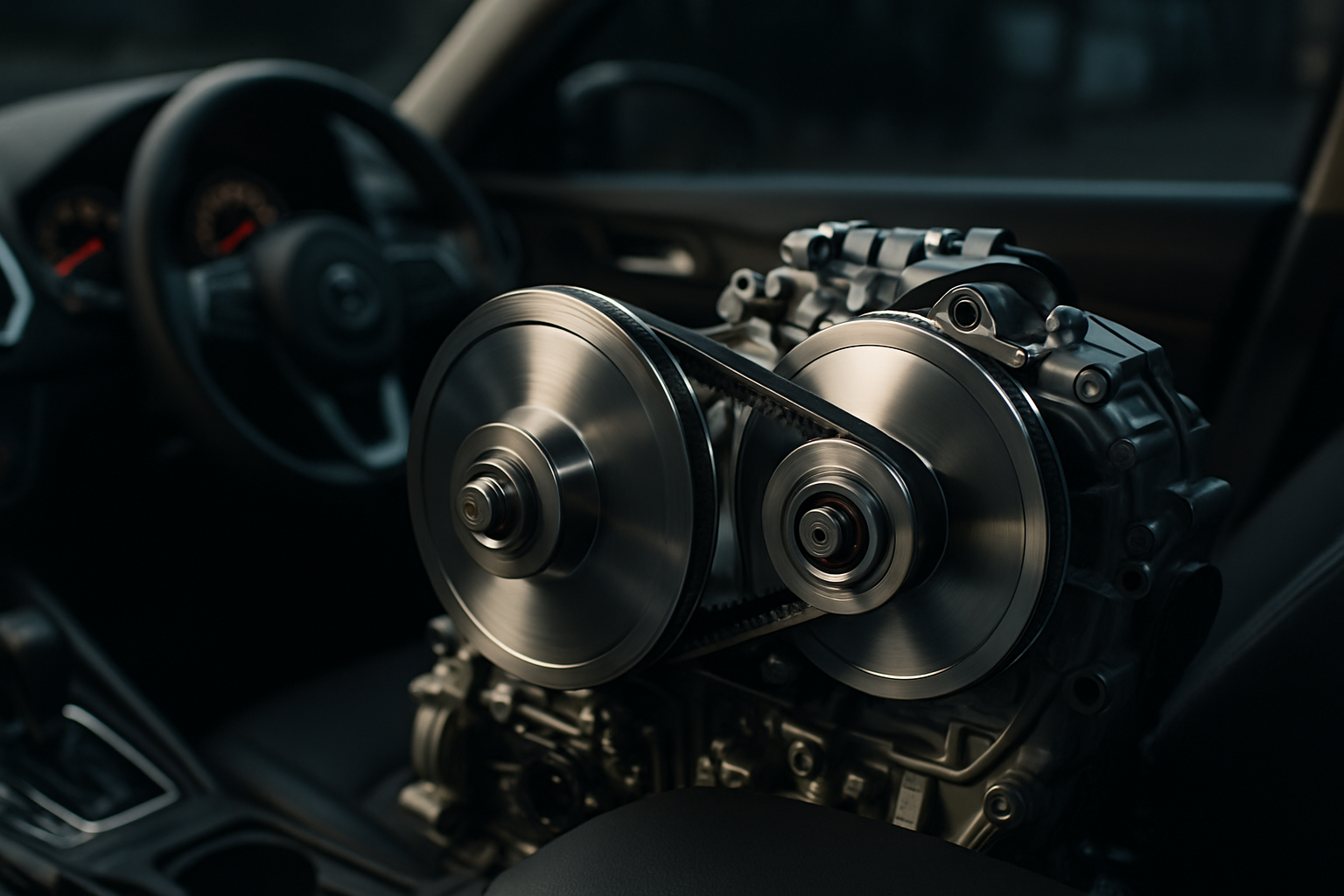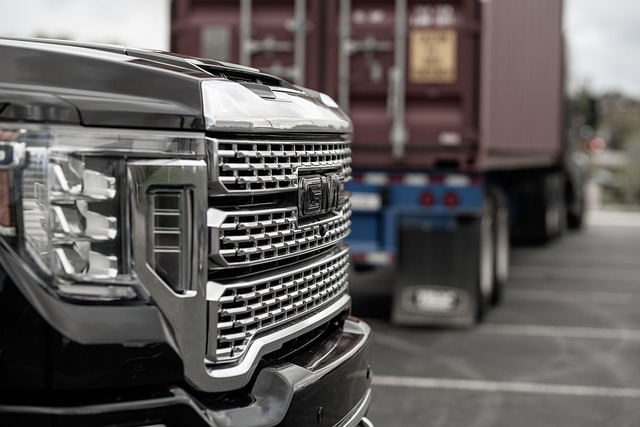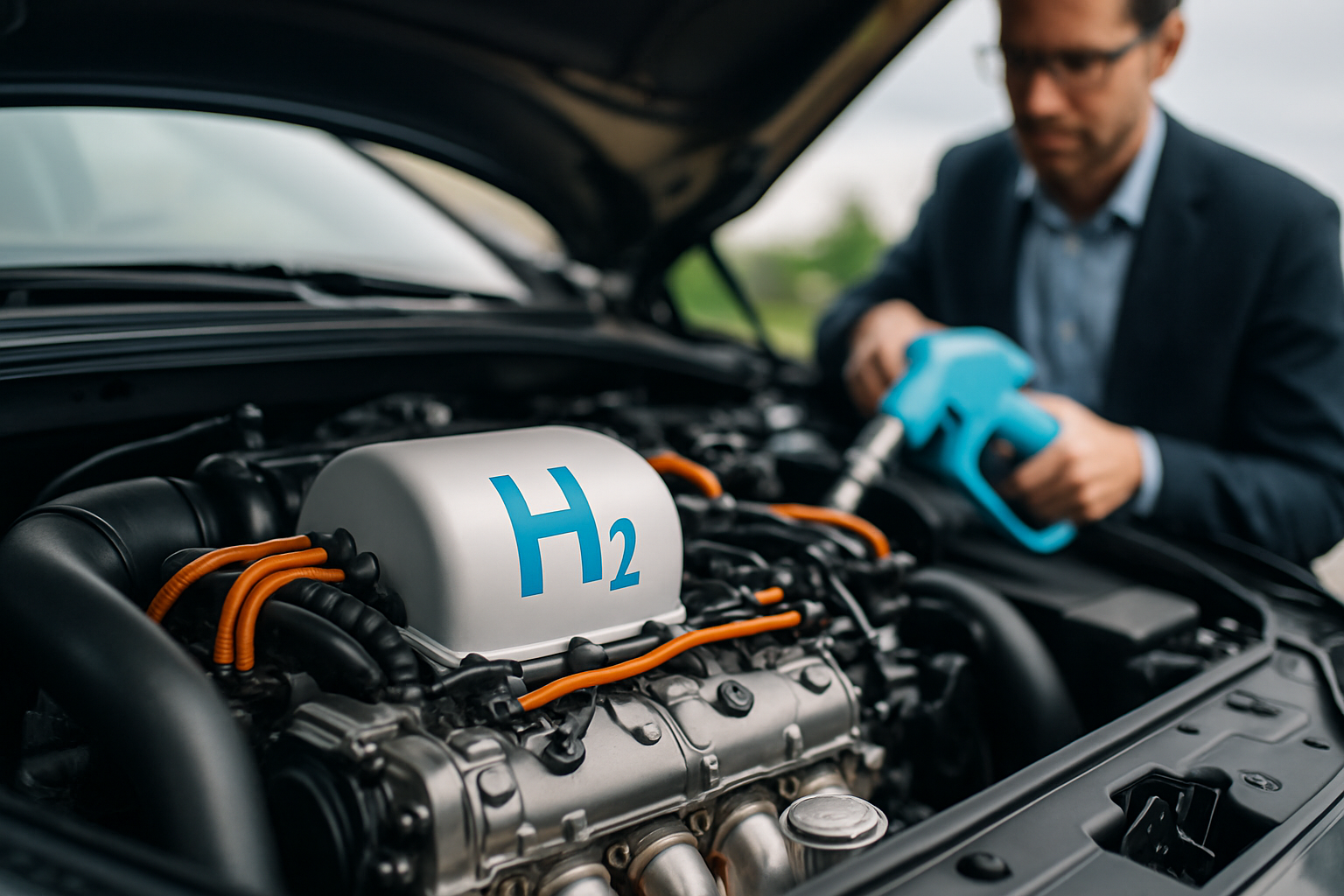Buying a Used Chevrolet Corvette: Practical Guide to Models, Condition, Price, and Purchase Steps
The Chevrolet Corvette represents one of America's most iconic sports cars, with decades of evolution creating distinct generations that appeal to different buyers. From the classic C1 models of the 1950s to the modern C8 mid-engine design, each generation offers unique characteristics in performance, styling, and market value. Understanding these differences, along with proper inspection techniques and realistic budgeting, can help you make an informed purchase decision when shopping for a used Corvette.

Understanding Corvette generations and which used models fit your needs
Chevrolet has produced eight distinct Corvette generations since 1953, each with unique design philosophies and performance characteristics. The C1 generation (1953-1962) featured fiberglass bodies and small-block V8 engines, making them highly collectible but requiring significant maintenance expertise. C2 models (1963-1967) introduced the iconic Sting Ray design with improved handling and more powerful engine options.
The C3 generation (1968-1982) represents the longest production run, offering varied performance levels from fuel crisis-era models to high-performance variants. C4 Corvettes (1984-1996) brought modern technology including electronic fuel injection and anti-lock brakes, while C5 models (1997-2004) featured all-new LS engines and improved structural rigidity.
C6 generation (2005-2013) Corvettes offer excellent performance-per-dollar value in today’s used market, featuring refined LS2, LS3, and LS7 engines. The C7 generation (2014-2019) introduced modern infotainment systems and aggressive styling, while the latest C8 (2020-present) represents a revolutionary mid-engine design that commands premium prices even in the used market.
Setting a realistic budget: purchase price, insurance, maintenance and ownership costs
Budgeting for a used Corvette extends far beyond the initial purchase price. Entry-level C4 models can start around $8,000-$15,000, while clean C5 examples typically range from $18,000-$35,000. C6 Corvettes generally command $25,000-$55,000 depending on mileage and condition, with C7 models starting around $45,000 for base variants.
Insurance costs vary significantly based on the model year, driver age, and location. Older Corvettes may qualify for classic car insurance with limited mileage restrictions, potentially reducing premiums. Newer models typically require full coverage, with annual costs ranging from $1,500-$4,000 depending on coverage levels.
Maintenance expenses include routine services, tire replacement, and potential repairs. Corvettes use performance tires that may need replacement every 15,000-25,000 miles, costing $800-$2,000 per set. Annual maintenance typically ranges from $1,000-$3,000, with older models potentially requiring more frequent attention to aging components.
Pre-purchase inspection checklist: mechanical, chassis, bodywork and interior signs to watch for
A thorough pre-purchase inspection should begin with the engine bay, checking for fluid leaks, unusual noises, and proper operation of all systems. Listen for irregular idle patterns, excessive exhaust smoke, or grinding noises that may indicate internal engine problems. Verify that the cooling system maintains proper temperature and that all gauges function correctly.
Chassis inspection should focus on suspension components, brake system condition, and differential operation. Look for signs of accident damage, rust, or improper repairs. Check tire wear patterns that might indicate alignment issues or suspension problems. Test the transmission for smooth shifting in manual models or proper shift points in automatic variants.
Bodywork examination requires attention to panel gaps, paint consistency, and fiberglass condition. Corvettes are particularly susceptible to stress cracks around mounting points and high-stress areas. Interior inspection should include all electrical systems, seat condition, and proper operation of climate control, stereo, and other accessories.
Checking vehicle history, title status and common Corvette-specific issues
Vehicle history reports provide crucial information about previous accidents, flood damage, or title issues. Corvettes with clean titles and documented service histories typically command higher prices but offer greater long-term reliability. Be particularly cautious of vehicles with salvage, flood, or lemon titles that may have hidden damage.
Common Corvette-specific issues vary by generation but often include electrical problems, cooling system failures, and transmission concerns. C4 models may experience issues with the digital dash displays and door lock mechanisms. C5 and C6 generations can develop problems with the active handling system sensors and fuel pump assemblies.
C7 models may have recalls related to hood latches or airbag systems that should be verified as completed. Research generation-specific forums and technical bulletins to understand common failure points and typical repair costs for your target model year.
Where to find used Corvettes, negotiating tips and completing a secure transaction
Used Corvettes appear in various markets including dealerships, private sales, online platforms, and specialty car auctions. Dealerships often provide warranties and financing options but may charge premium prices. Private sales can offer better values but require more careful inspection and verification processes.
Online platforms like AutoTrader, Cars.com, and specialty sites like Corvette Forum classifieds provide wide selection and detailed photos. Classic car auctions such as Barrett-Jackson or Mecum offer documented examples but may include buyer’s premiums and transportation costs.
Negotiation should be based on thorough market research and documented condition issues. Prepare comparable sales data and inspection findings to support your offer. Factor in immediate repair needs and consider pre-purchase inspections by qualified mechanics familiar with Corvettes.
| Provider Type | Price Range | Key Features | Cost Considerations |
|---|---|---|---|
| Franchise Dealerships | $20,000-$80,000+ | Warranties, financing, trade-ins | Higher prices, dealer fees |
| Independent Dealers | $15,000-$70,000 | Varied inventory, negotiable | Limited warranties, financing options |
| Private Sellers | $8,000-$65,000 | Direct negotiation, lower prices | No warranties, cash transactions |
| Online Auctions | $12,000-$100,000+ | Wide selection, documented history | Buyer premiums, transportation costs |
| Classic Car Specialists | $25,000-$150,000+ | Expert knowledge, quality examples | Premium pricing, specialized market |
Prices, rates, or cost estimates mentioned in this article are based on the latest available information but may change over time. Independent research is advised before making financial decisions.
Secure transaction completion requires proper documentation including title transfer, bill of sale, and insurance coverage. Arrange financing pre-approval if needed and verify all paperwork accuracy before finalizing the purchase. Consider escrow services for high-value transactions or long-distance purchases to protect both parties throughout the process.




